BSC Speakers
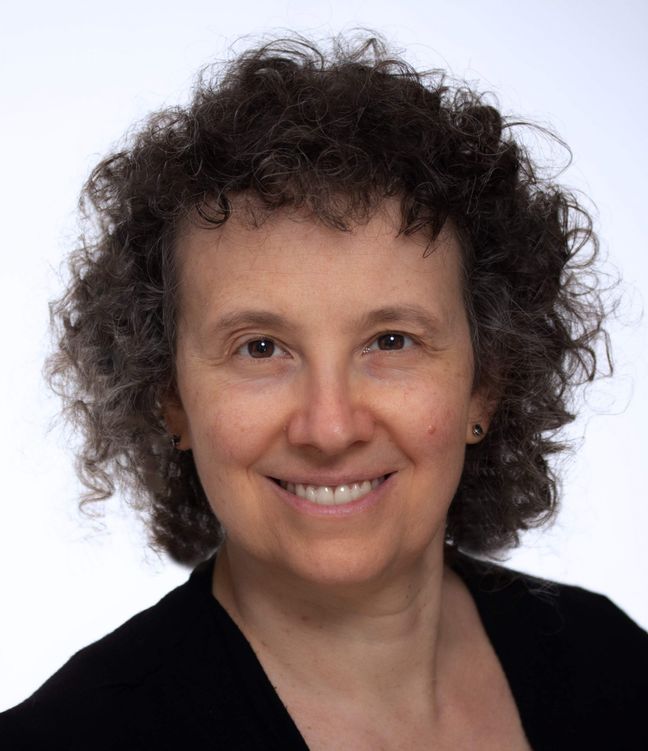
National Lecturer: Dr. Julie Forman-Kay
SickKids / University of Toronto
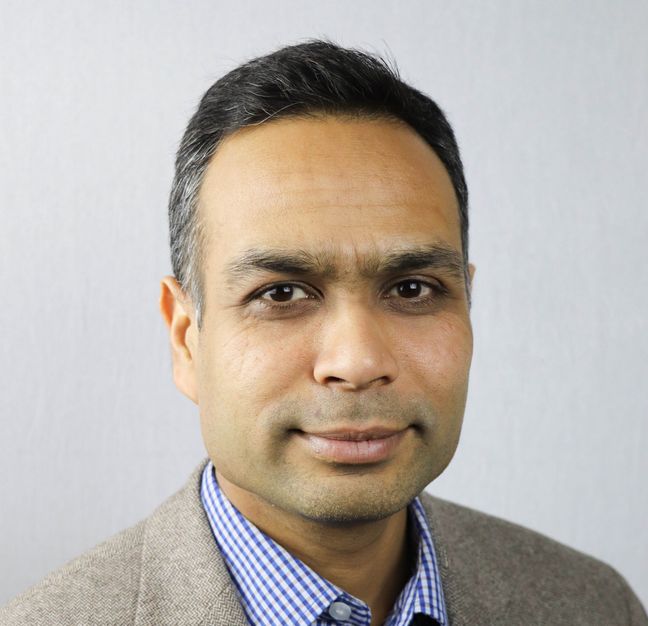
Young Investigator Award: Dr. Trushar Patel
University of Lethbridge
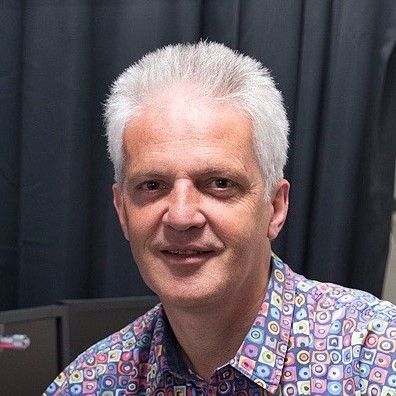
Keynote Speaker: Dr. Cees Dekker
Delft University of Technology
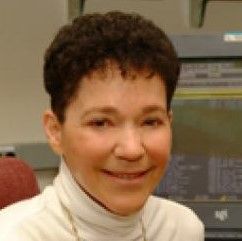
Keynote speaker: Dr. Ruth Nussinov
National Institute of Health (NIH)
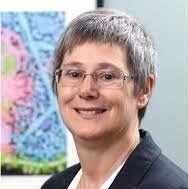
Keynote Speaker: Dr. Sandra Schmid
Chan Zuckerberg Biohub
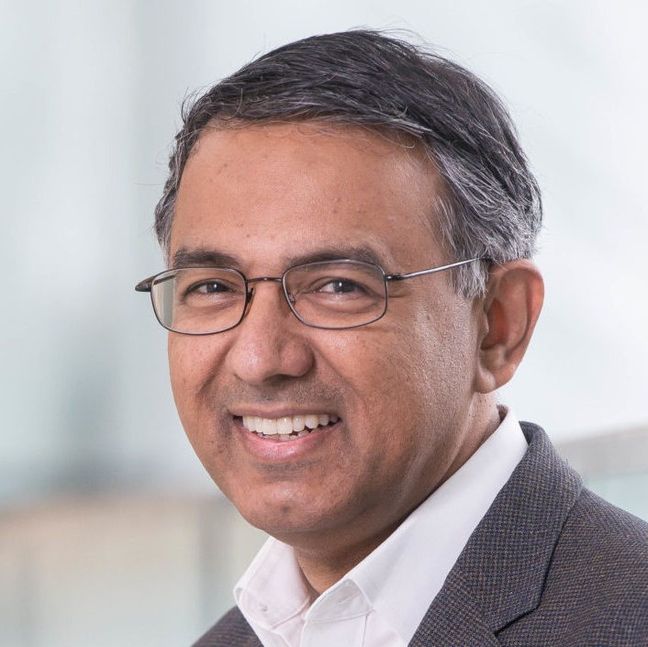
Keynote Speaker: Dr. Sriram Subramaniam
University of British Columbia
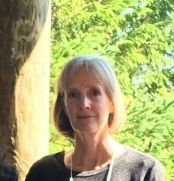
Valerie Booth
Memorial University
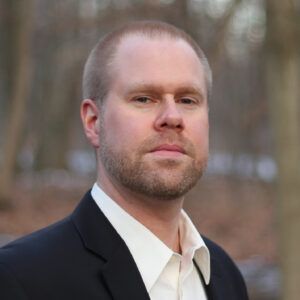
Hendrick de Haan
Ontario Tech University
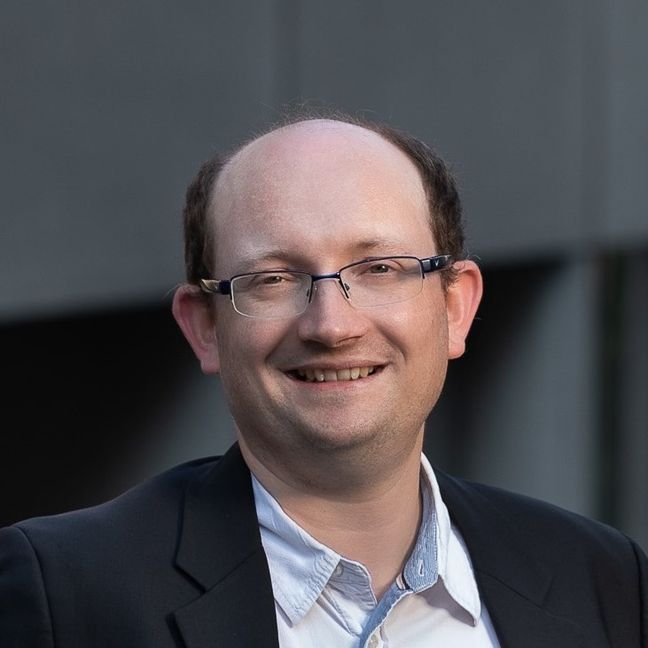
Paul Francois
McGill University
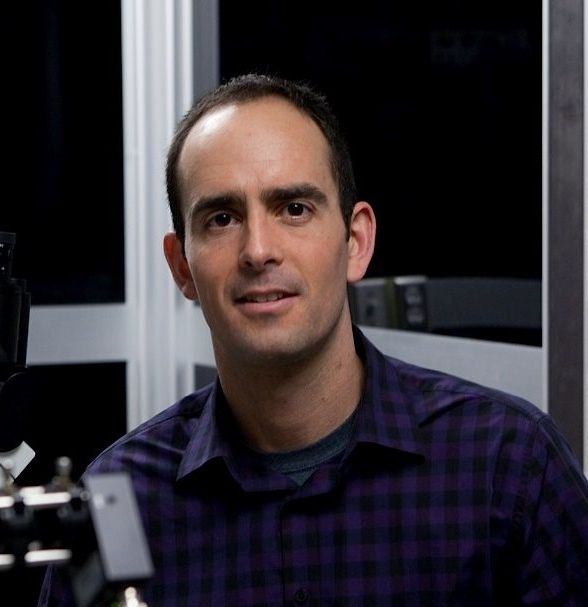
Reuven Gordon
University of Victoria
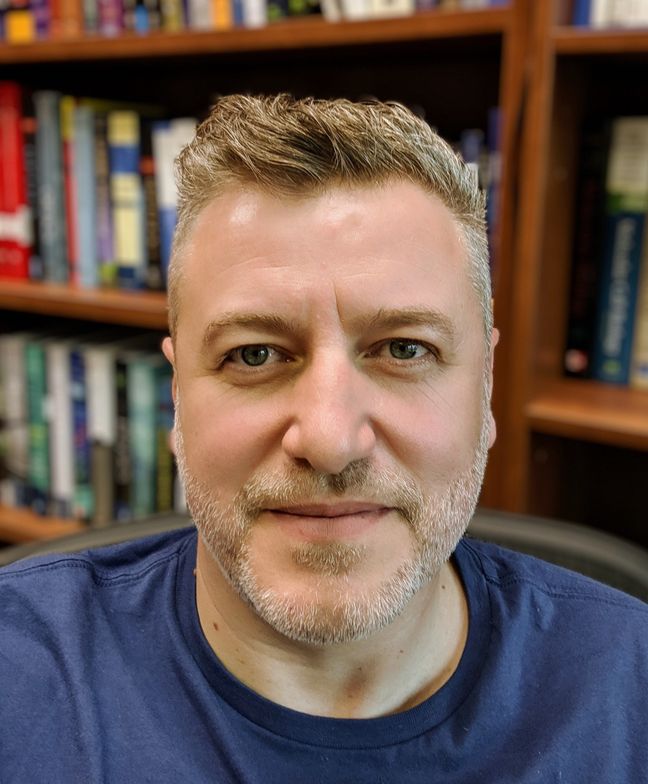
Claudiu Gradinaru
University of Toronto
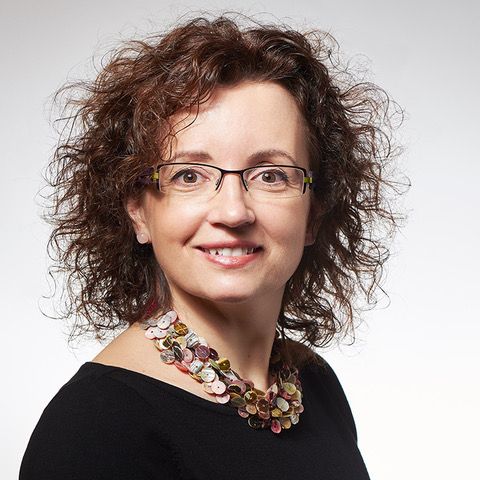
Alba Guarne
McGill University

Paul Higgs
McMaster University
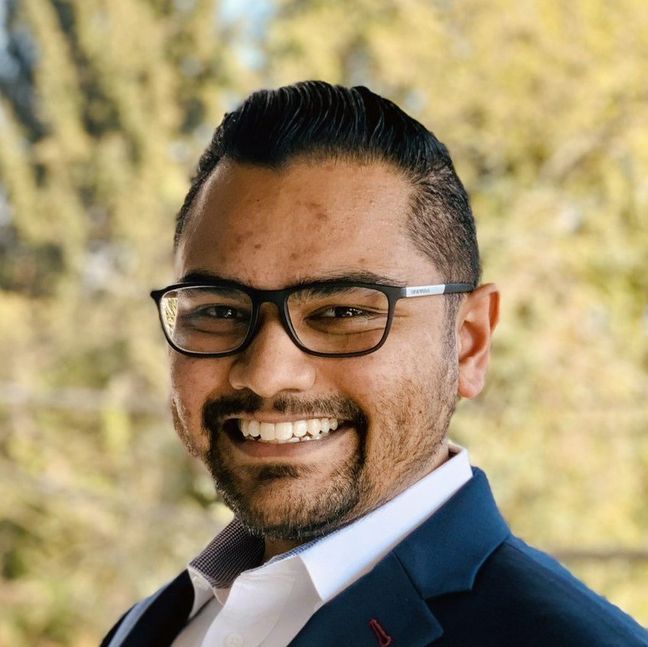
Jayesh Kulkarni
NanoVation Therapeutics

Francesca Marassi
Sanford Burnham Prebys Medical Discovery Institute
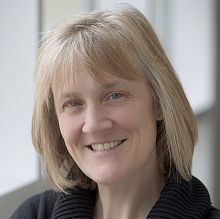
Elizabeth Meiering
University of Waterloo
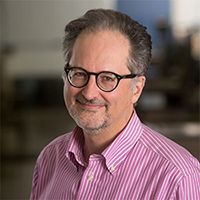
Giuseppe Melacini
McMaster University
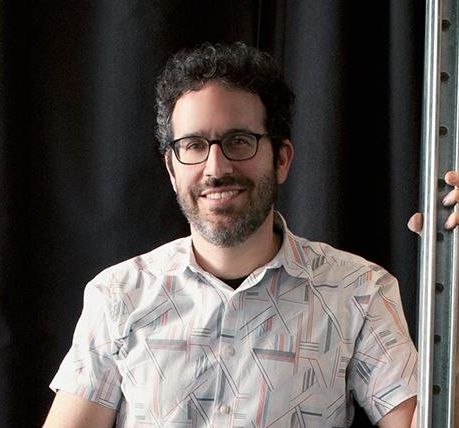
Josh Milstein
University of Toronto
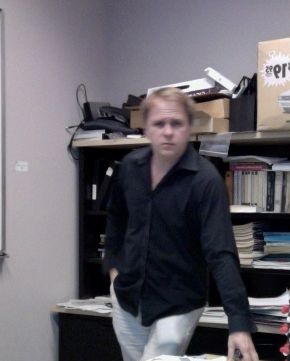
Alexey Onufriev
Virginia Tech
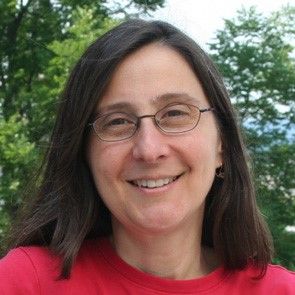
Lois Pollack
Cornell University
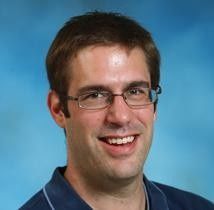
Jan Rainey
Dalhousie University
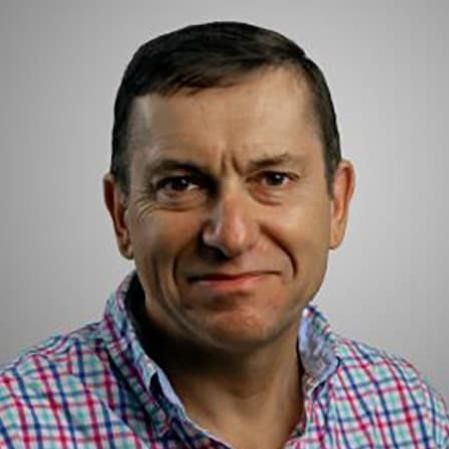
Robert Thorne
Cornell University
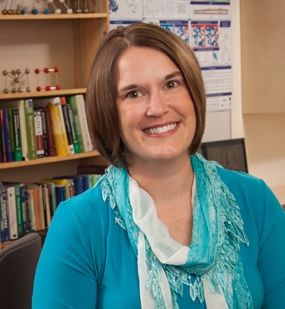
Stacey Wetmore
Lethbridge University